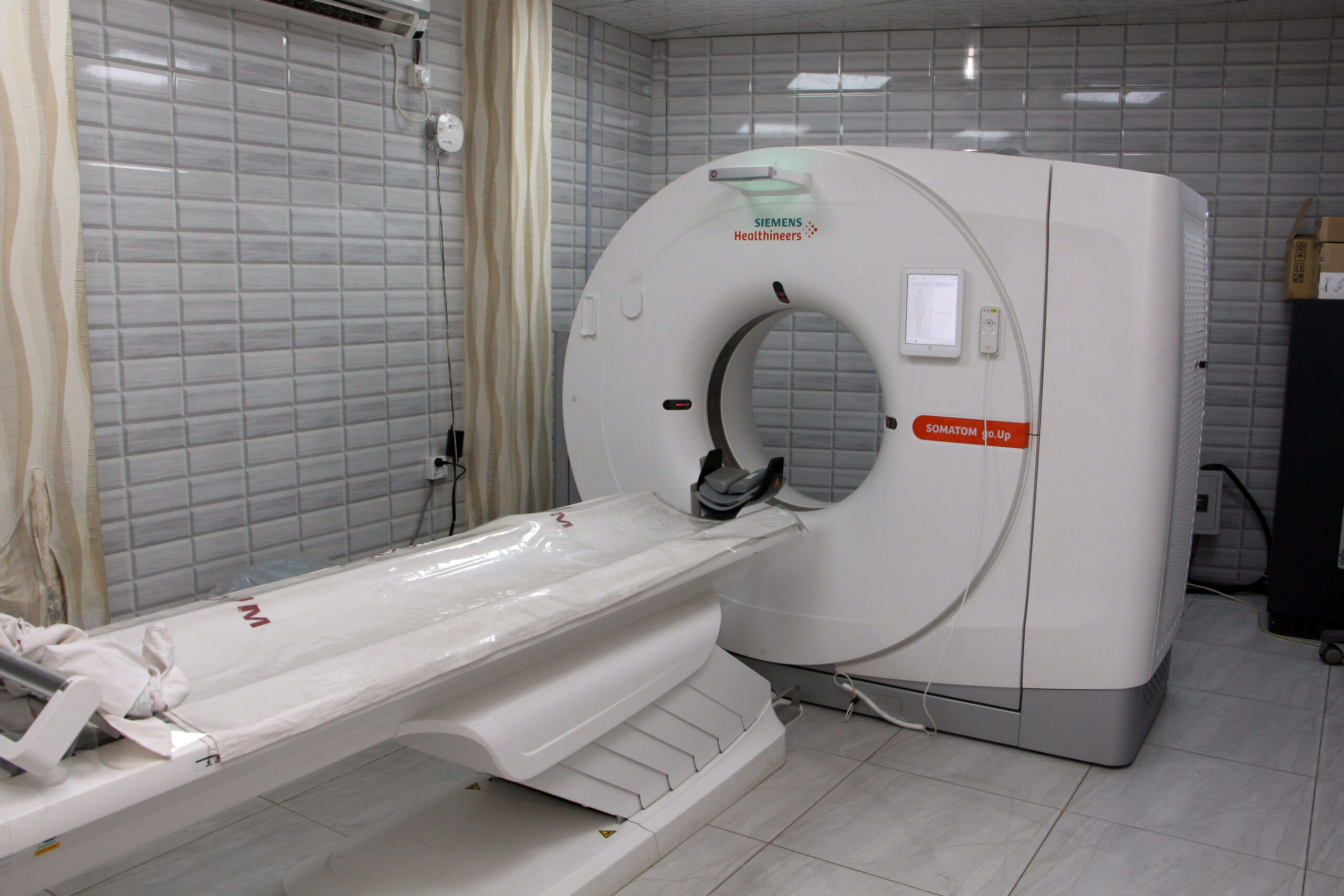
- Tags:
- Blood Test Center
- Cancer Screening Center
- Cardiac Diagnostic Center
- Clinical Laboratory in Bangladesh
- Diabetes Screening Center
- Diagnostic Center in Bangladesh
- Diagnostics and Imaging Center
- Digital X-ray Center
- Health Check-up Center
- Home Sample Collection Service
- Laboratory Testing Services
- Medical Check-up Center
- Medical Diagnostic Services
- Medical Imaging Center
- Medical Report and Test Results
- Medical Test Packages in Bangladesh
- Medical Testing and Screening Services
- MRI and CT Scan Services
- Pathological Diagnosis
- Pathology Lab Services
- Pediatric Diagnostic Services
- Popular Diagnostic Center in Bangladesh
- Radiology Services
- Radium Diagnostic Center in Bangaldesh.
- STD Testing Clinic
- Ultrasound Clinic in Bangladesh
- Women's Health Clinic

Crie uma conta gratuita
I don’t think the title of your article matches the content lol. Just kidding, mainly because I had some doubts after reading the article.
binance Inscreva-se
Your article helped me a lot, is there any more related content? Thanks!
Μπνου εγγραφ Binance
Thank you for your sharing. I am worried that I lack creative ideas. It is your article that makes me full of hope. Thank you. But, I have a question, can you help me?
Binance Pag-signup
Your article helped me a lot, is there any more related content? Thanks!
binance Регистрация
Thank you for your sharing. I am worried that I lack creative ideas. It is your article that makes me full of hope. Thank you. But, I have a question, can you help me?
Регистрирайте се, за да получите 100 USDT
Can you be more specific about the content of your article? After reading it, I still have some doubts. Hope you can help me.
binance anm"alningsbonus
Thanks for sharing. I read many of your blog posts, cool, your blog is very good.
binance美國註冊
Can you be more specific about the content of your article? After reading it, I still have some doubts. Hope you can help me.